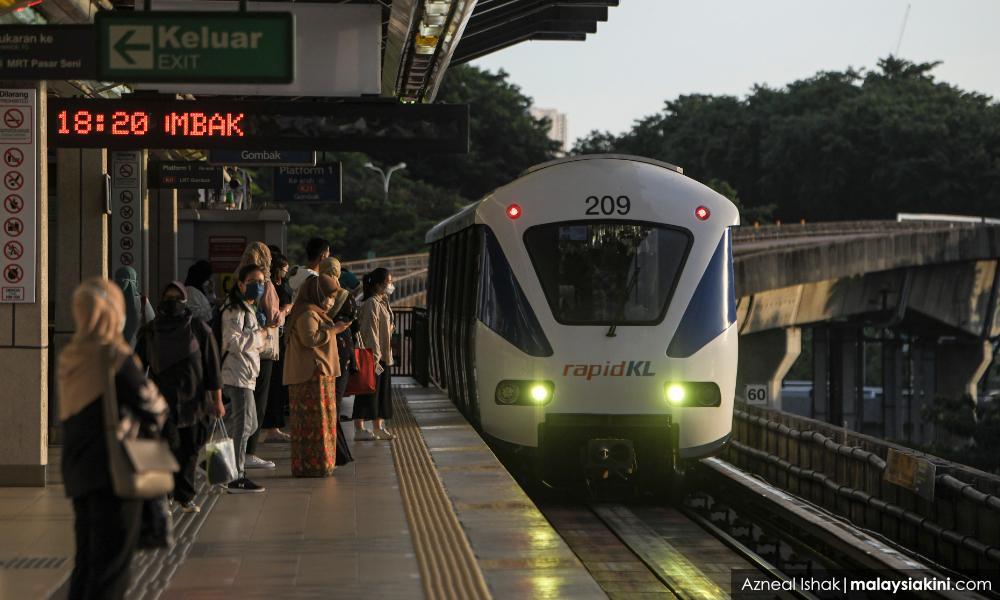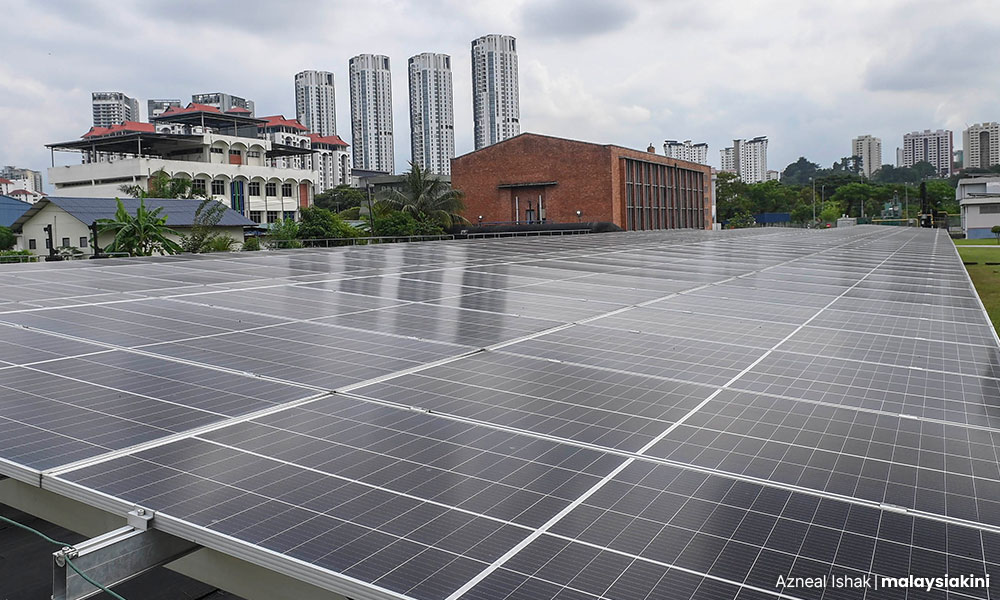MP SPEAKS | Prime Minister Anwar Ibrahim announced on May 21 that the cabinet had agreed to begin targeted diesel subsidies, starting with Peninsular Malaysia. This exercise will eventually encompass most fuel subsidies - such as for RON95.
The prime minister has stressed that subsidies will still be given to the “B40” group and to crucial users like taxis and fisherfolk. He has pledged that only the wealthiest will need to pay more and that the savings (an estimated RM4 billion annually for diesel alone) will go to appropriate cash aid for the less well-off.
The exact mechanism of how we intend to carry this out will be announced as soon as possible. My cabinet colleagues know the public and business community are anxious to hear the details. The relevant ministries are working tirelessly to set everything in place.
Status quo unsustainable
The latest move is proof that the Madani government is not shying away from necessary reforms. Fuel subsidies have been debated for decades with little substantial change. We believe that targeted subsidies, in stages, will move the needle forward dramatically towards fairer outcomes for all Malaysians.
Most Malaysians will agree that change is needed. It simply does not make sense for the government to be spending RM81 billion on blanket subsidies of all kinds (including RM50.8 billion for fuel) when much of that is enjoyed by the richest Malaysians.
Crucially, moving away from fossil fuels will be critical for the green transition. Transportation is one of the largest sources of CO2 emissions in our country.
All the talk about embracing sustainability will be futile if we cannot decarbonise our mobility, via a just transition. Adopting more public transport and low-carbon mobility will only be a reality if people pay the real price of fossil fuels.

We are all feeling the impact of the planetary crisis. In Malaysia, people are dying from floods, heat strokes, landslides and falling trees - which are getting worse from climate change. Respiratory diseases are higher in our cities due to air pollution. Why are we subsidising global boiling and air pollution?
We are likewise aware of how changes to the subsidy system could affect inflationary pressures. Moreover, the so-called “T20” and “M40” groups are diverse in terms of income and economic resilience. This is especially the case for the middle class, who pay taxes but are often not eligible for most government aid.
Some will argue that the move will hurt Malaysia’s attractiveness as a business and investment destination. But the fact is that a “low cost, low wage” model of economic growth will only leave Malaysia behind in the middle-income trap. We must attract investors on more than just being cheaper.
Indeed, the industries of the future are and will be powered by dynamic human capital and the availability of green energy.
A middle path
The Madani government is hence forging a middle path between the unsustainable status quo and a total abolishment of subsidies, which would be unfair and counterproductive.
The fact that subsidies will still be retained for those in need, that the diesel targeting will not affect Sabah and Sarawak and that the process is being accompanied by salary revisions in the public sector, the introduction of a progressive wage mechanism for SMEs, the extension of cash transfers as well as more spending on public transport are all part of a gradualist approach to this weighty undertaking.

Can we ensure that fuel subsidy rationalisation is carried out without hurting the people while ensuring that it improves our fiscal position and reduces carbon emissions? I am convinced we can.
Lessons from electricity subsidies reform
When I was natural resources, environment and climate change minister, one of the first things I did was embark on the reform of electricity tariffs.
This was a controversial move at the time, again for political and economic reasons. But the prime minister and cabinet were fully supportive of the plan and so we went ahead.
What we basically did throughout 2023 - via the Imbalance Cost Past Through mechanism - was to keep rates for most domestic users as well as MSMEs unchanged, while increasing the surcharge for high domestic, non-domestic high and medium-voltage consumers.
While some businesses expressed concern, we also saw more companies installing solar panels and energy efficiency measures to reduce their energy bills. The change, ironically, spurred the adoption of solar power, which the government has backed with various incentives.

The transition to targeted subsidies in 2023 saved the government some RM4.6 billion. This money was the equivalent of the cost of 57 new schools, 50 new district hospitals or 180 new health clinics. That amount is also sufficient to employ 14,000 new doctors for five years.
This is an example of how the government was able to rationalise subsidies while ensuring the great majority of the rakyat did not incur higher costs. Even the groups that were affected still received something.
Time to move forward
There’s no reason why the targeting of fuel subsidies cannot be as successful as our experience with electricity tariffs. The key is to communicate adroitly with the public while ensuring that the most vulnerable are protected and that those who have to pay more benefit from better services.
We welcome constructive feedback and criticism on how to implement the changes ahead. We believe subsidy targeting is what the country needs and that all quarters should unite to work together to ensure this national quest succeeds.
If not now then when? Malaysians have been waiting for a fairer and more effective subsidy system for years. We mustn’t keep them waiting or let them down. The time has come to move forward. - Mkini
NIK NAZMI NIK AHMAD is Setiawangsa MP and natural resources and environmental sustainability minister.
The views expressed here are those of the author/contributor and do not necessarily represent the views of MMKtT.




No comments:
Post a Comment
Note: Only a member of this blog may post a comment.